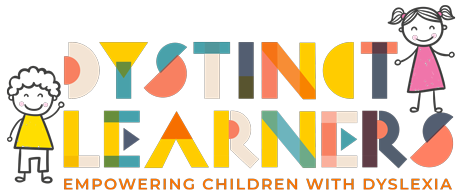Dyslexia Risk Screener
This quick assessment is designed to help identify potential indicators of dyslexia in children. Dyslexia is a common learning difficulty that can cause problems with reading, writing, and spelling. It’s not related to intelligence, but early identification and appropriate intervention can lead to significantly better outcomes.
How Does It Work?
You’ll be presented with a series of questions about your child’s learning and language behaviors. Please answer as accurately as possible based on your observations.
Who Should Take This Screener?
This screener is intended for parents, guardians, or educators who want to understand more about a child’s reading and language skills.
Please Note:
This is NOT a diagnostic tool. It can help identify children who may be at risk of dyslexia and benefit from further professional assessment. If you have concerns about your child’s learning abilities, we recommend booking an assessment with our specialist.
Ready to Begin?
Take a deep breath, and when you’re ready, select the right age group and begin the assessment.
Remember, this is NOT a test or assessment, but a step towards understanding and supporting your child’s learning journey.

Early Childhood (4-6 years): This age group is just beginning to learn the basics of reading and writing. Screeners for this group focus on early literacy skills such as phonemic awareness, letter recognition, and simple word decoding.
Elementary (7-10 years): Children in this group are developing their reading fluency and starting to write more independently. Screeners focus on skills like reading simple texts, spelling, and writing coherence, as well as the ability to follow multi-step instructions.
Middle School (11-14 years): Students are now dealing with more advanced texts and are expected to use their reading and writing skills across different subjects. Assessments look at advanced comprehension, the ability to infer meaning, more sophisticated writing tasks, and how well they understand figurative language.
High School (15-18 years): Screeners for this age group consider the academic demands placed on students, including analyzing texts, detailed essay writing, and the ability to synthesize information from different sources.
